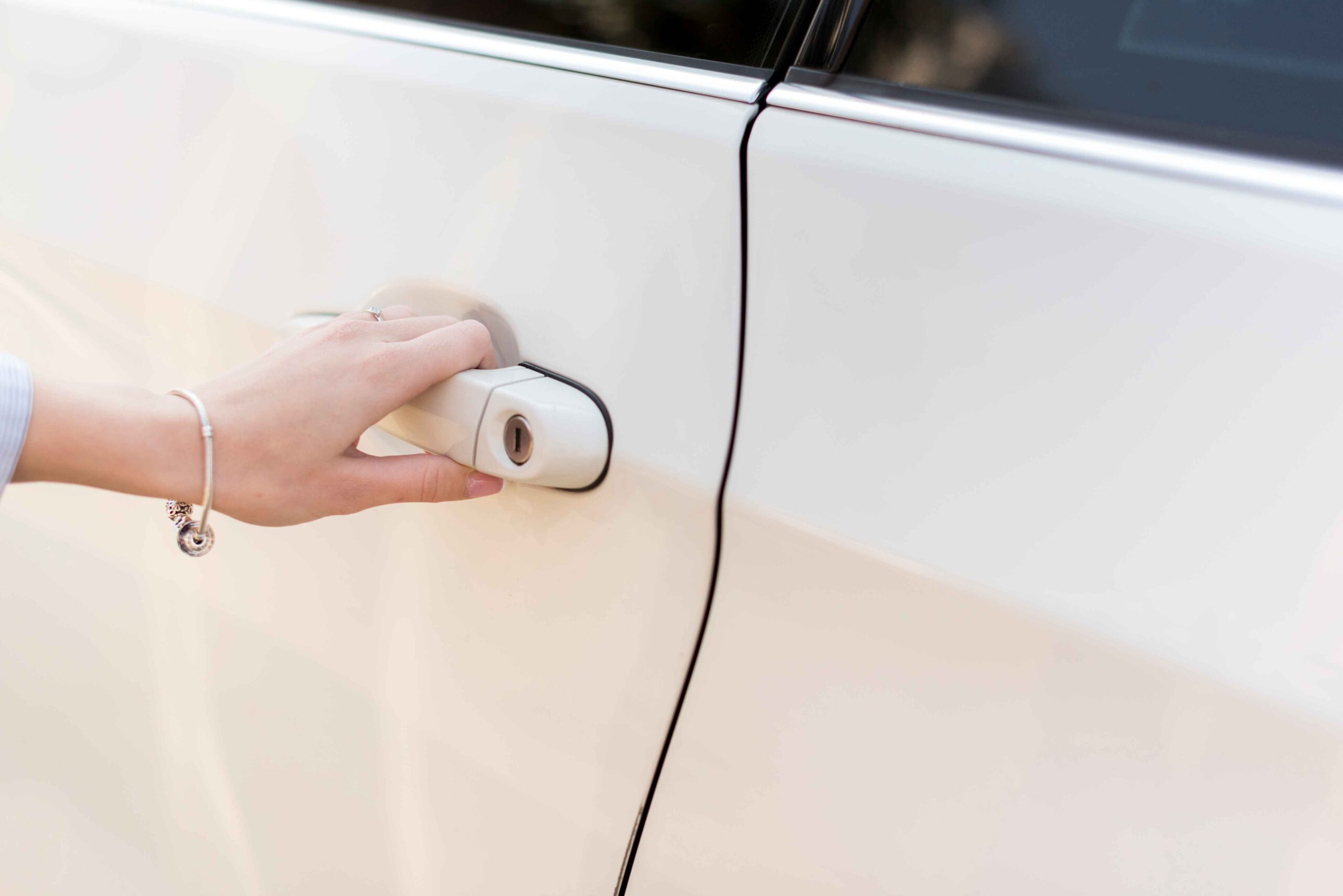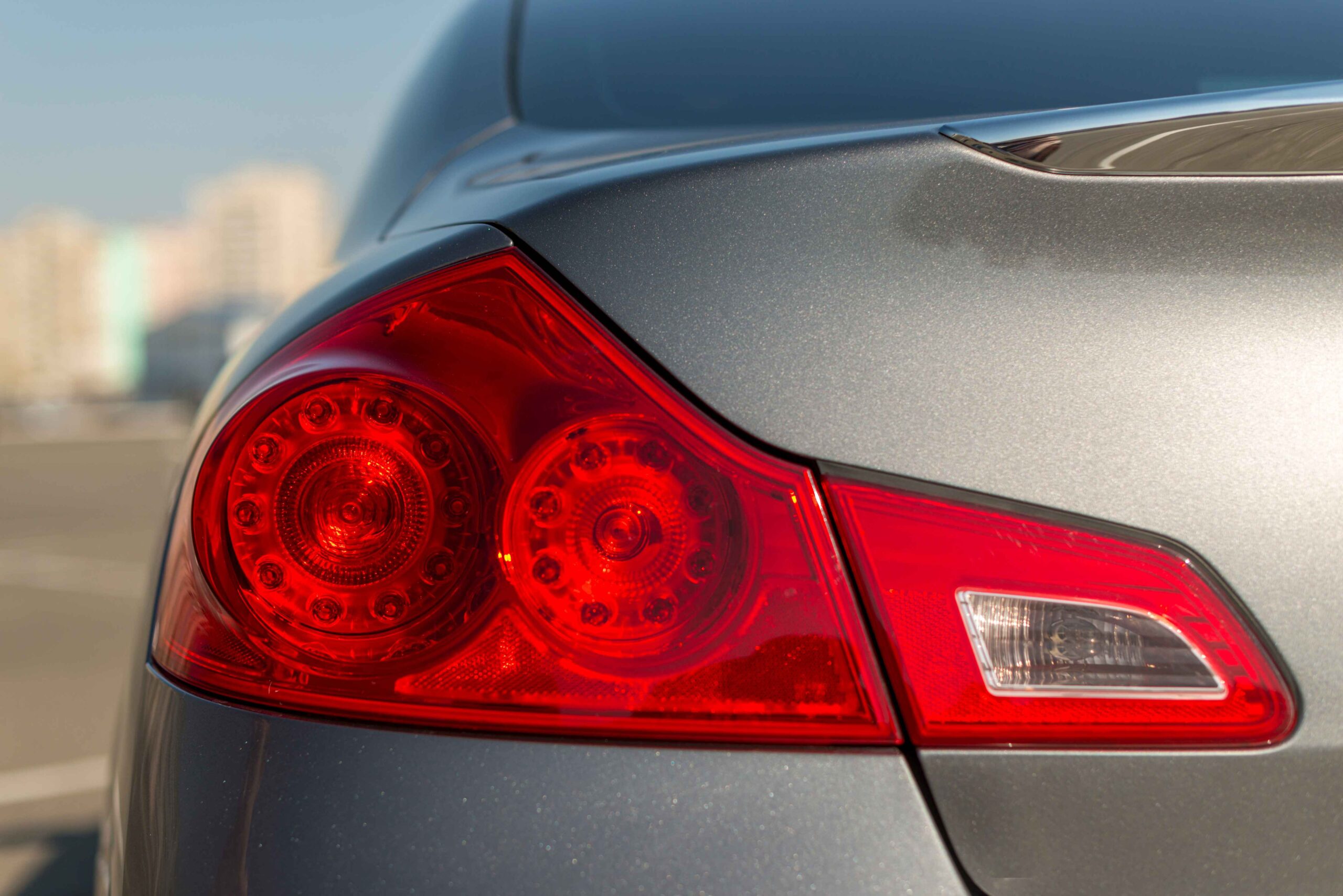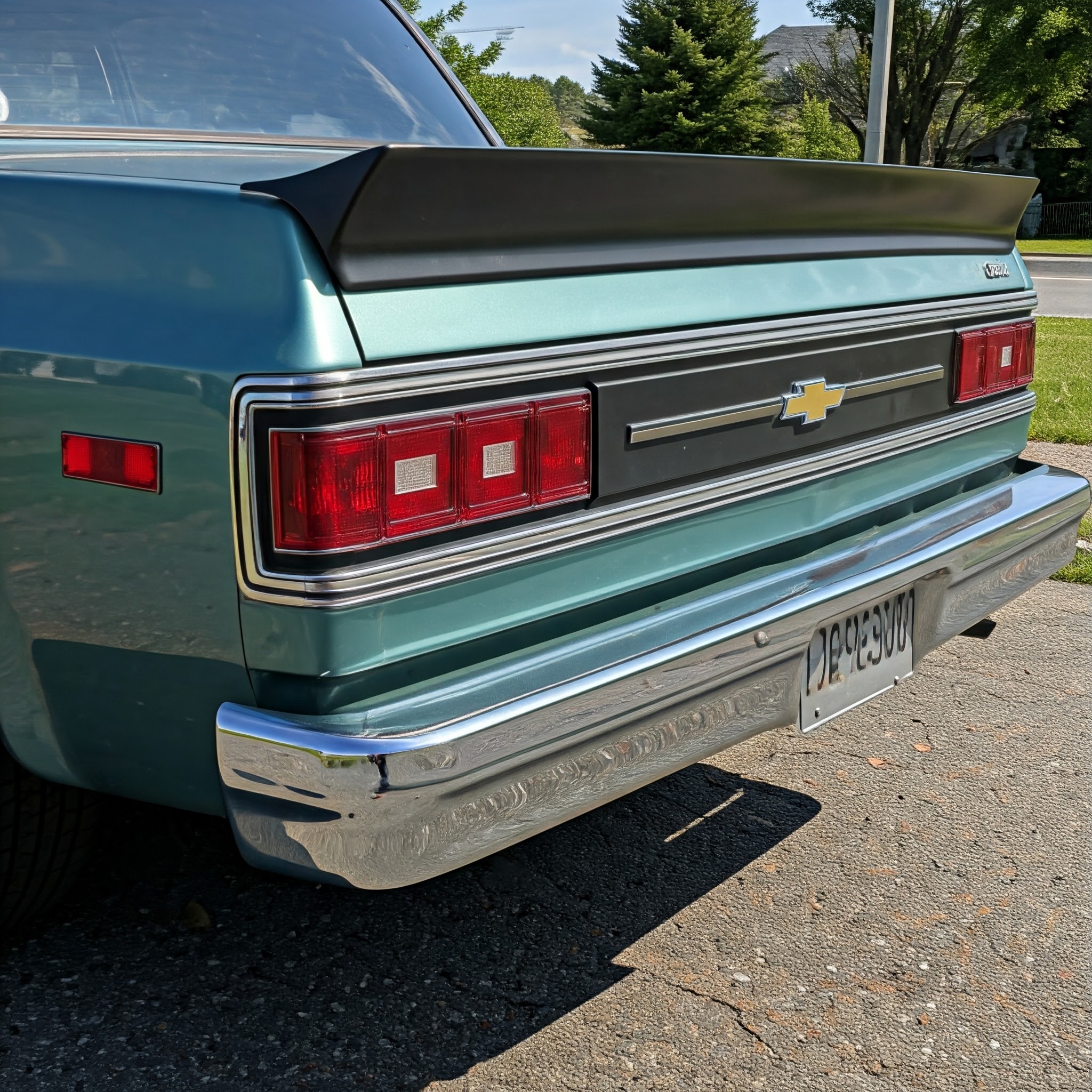Ever thought that ordinary speed bumps might endanger your car? Perhaps, while driving around in parking spaces or in residential locations, you indeed thought about that. Although speed bumps range from being helpful to dangerous, it has been designed to avoid cross traffic and enhance safety. Here, we will examine the dangers that arise from unduly driving over speed bumps and will answer the tougher question, ‘can a speed bump total your car?’
Key Takeaways:
- Speed bumps can cause significant damage to your car if driven over improperly
- Proper driving techniques can minimize the risk of damage from speed bumps
- Regular vehicle maintenance is crucial for protecting your car from speed bump-related issues
Can a Speed Bump Total Your Car?
Driving against a single bump does not have the same impact as hitting several mistakenly, thus damages are uncommon. Improper technique while driving makes a normal speed bump cause damage and tension over time, the damage happens with much more probable frequency, thus causing the possibility of what appears impossible to happen.
Speed bumps are created with an intention of reducing the speed of cars. If speed bumps are traversed too fast consistently the intention changes and the speed bump takes on a different role and context.
Tires, the suspension system, and the underside of your automobile are the most affected by a bump at high speed. Driving over a speed bump too fast, the car’s suspension will compress for longer than it should. This is when damage to shocks, struts, and other car parts can occur.
The excessive force of repeated speed bumps can cause blowouts in the tire, or worst case, annihilate it and lead to it being unusable. Continually driving over bumps at an aggressive rate can heavily scrape or do substantial damage to the bottom car parts, such as the exhaust system or even the oil pan.
Although taking only one speed bump at an aggressive rate will not totally wreck your car exhaust and other parts, with time you will certainly face hefty repair bills. This is because the cumulative amount of speed over a single bump when improper driving takes place leads to the car becoming unsafe over time when not checked or used.
How Can Speed Bumps Damage Your Car?
Every driver must comprehend how speed bumps can be harmful to cars. If you hit a speed bump too quickly, several parts of your car are at risk. In this case, Let’s discuss the possible damage any speed bump can cause to a car.
- Suspension System: Crashing too quickly into a speed bump may lead to over stressing the automobile’s suspension system. Such an action may also damage some parts like the shocks, struts, or springs. In addition, too much damage can also lead to poor handling, bad rough rides, and uneven tire wears.
- Tires And Wheels: Speed bumps can also lead to aggressive encounters like cuts, bulges, blowouts, or even tires getting damaged. Your wheels may also get bent or cracked due to too much impact.
- Undercarriage: Vehicles that have low clearance are highly prone to undercarriage damage caused by speed bumps. It is possible to scrape the oil pan, exhaust system or any other essential components which can lead to leaks or more serious issues.
- Alignment: If a speed bump is hit hard or ways constantly, it can lead to every car’s worst nightmare, misalignment. Such a thing not only affects the dealing of a car, but also leads to uneven tire wear too which means a car’s tires will not last as long.
- Body Damage: If a speed bump is too extreme and possibly one of the worst kinds out there, one can expect body damage to incur such as scraping, denting, and bumper knocking on a vehicle having very low standings.
The Impact of Speed Bumps on Different Vehicle Types
Not all vehicles react the same way to speed bumps. The impact can vary significantly depending on the type of car you drive. Here’s a breakdown of how different vehicle types typically handle speed bumps:
| Vehicle Type | Impact of Speed Bumps | Risk of Damage |
| Sedans | Moderate impact, potential for undercarriage scraping | Medium |
| SUVs/Trucks | Generally handle bumps well due to higher clearance | Low to Medium |
| Sports Cars | High risk of undercarriage damage due to low clearance | High |
| Compact Cars | Can be jarring, potential for suspension stress | Medium to High |
| Electric Vehicles | Risk to battery packs if clearance is low | Medium to High |
Regardless of your vehicle type, it’s always best to approach speed bumps with caution and at appropriate speeds to minimize the risk of damage.
Final Thoughts
So, can a speed bump total your car? Knowing the majority would say no, having heavily modified vehicles and neglecting their handling will demolish their value and appeal the answer to the above remains yes.
If one can keep their altered vehicle’s functionality in mind, the possibility of needless damage reduces substantially. Always remember to ease down when about to approach a bump, go directly towards it, and steer clear of what is meant to be a show piece.
For those who worry about the possible harm caused by speed bumps or vehicle issues, we are here to assist. We are ready to assist you in ensuring that your car provides you with the reliable service you expect, from replacement parts to expert advice on repair strategy.
Remember, when dealing with speed bumps, taking it slow will always be beneficial to your car. Safe travels!
FAQs
A speed bump has the potential to damage your vehicle if driven over too fast or inappropriately. It could result in a damaged suspension, tire and even undercarriage.
Hitting a speed bump too fast can damage shocks, tires, suspension, alignment, and undercarriage, leading to costly car repairs.
Most come to a speed of 3-5 mph when crossing over a bump. Slow down to 3-5 mph to avoid damaging your car’s suspension on speed bumps.
Hitting speed bumps harshly or at an angle can misalign wheels, causing poor steering and uneven tire wear.






